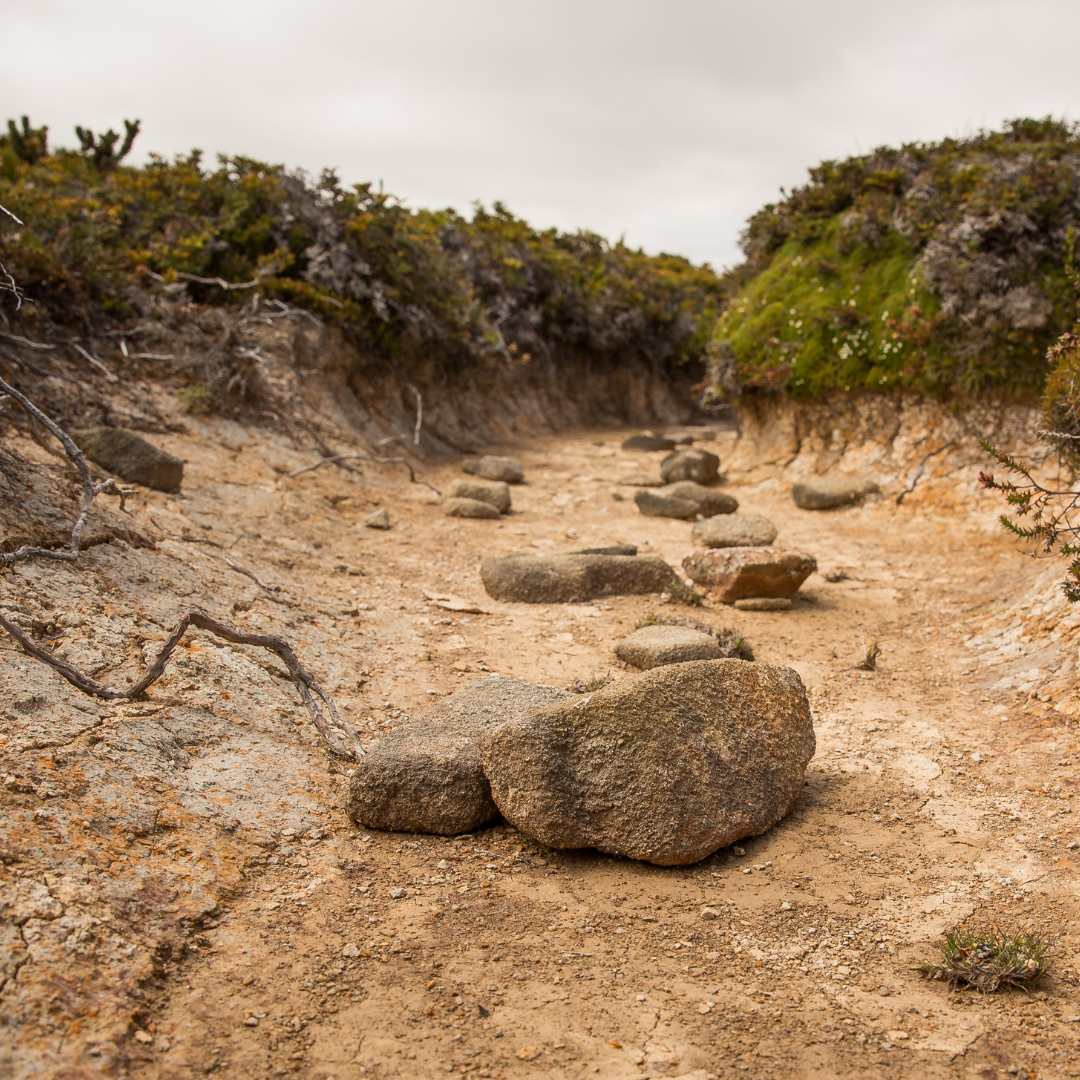Advent Expectations
Advent begins at the end, with the death of Jesus and images of the end. What does this tell us about the nature of Advent in our lives? What does this tell us about the nature of Jesus’ death and resurrection?

Recording
Sermon given by Pastor Shaun O’Reilly at Faith Lutheran in Reno, NV on December 3, 2023
Gospel Text
Mark 13:24-37
24“But in those days, after that suffering,
the sun will be darkened,
and the moon will not give its light,
25and the stars will be falling from heaven,and the powers in the heavens will be shaken.
26Then they will see ‘the Son of Man coming in clouds’ with great power and glory. 27Then he will send out the angels, and gather his elect from the four winds, from the ends of the earth to the ends of heaven.
28“From the fig tree learn its lesson: as soon as its branch becomes tender and puts forth its leaves, you know that summer is near. 29So also, when you see these things taking place, you know that he is near, at the very gates. 30Truly I tell you, this generation will not pass away until all these things have taken place. 31Heaven and earth will pass away, but my words will not pass away.
32“But about that day or hour no one knows, neither the angels in heaven, nor the Son, but only the Father. 33Beware, keep alert; for you do not know when the time will come. 34It is like a man going on a journey, when he leaves home and puts his slaves in charge, each with his work, and commands the doorkeeper to be on the watch. 35Therefore, keep awake—for you do not know when the master of the house will come, in the evening, or at midnight, or at cockcrow, or at dawn, 36or else he may find you asleep when he comes suddenly. 37And what I say to you I say to all: Keep awake.”
Sermon Text
I bring you a poem this Advent. Expectations, by Kay Ryan. It’s printed in our reusable bulletins. And I’ll begin with a reading.
We expect rain
to animate this
creek: these rocks
to harbor gurgles,
these pebbles to
creep downstream
a little, those leaves
to circle in the
eddy, the stains
and gloss of wet.
The bed is ready
but no rain yet.
I like this poem because it contains this posture of waiting that we take on in Advent:
Preparing; Remembering what has been before; also really desiring what is to come.
A dry creek bed—that’s us in Advent!
And I also like the way things are. The way this creek bed exists despite expectations, or, as it must expect the rain. The poet describes: this creek bed is still something in its waiting. We are something while we wait and expect. As this season draws nearer to Jesus’ birth among us, I want to wonder with you about the power of our expectations. What is coming to us? Whom do we long for the savior to be? Does it matter? And what did you expect?
The bed is ready. But no rain yet.
I love Mark’s gospel and I’m glad we get to read it together here in year B. The story he tells is born in a community of struggle. And it makes me wonder: do you think that Christians coming together in community expect to struggle?
If we paid attention to the story, and to the history of faithful community, we might expect it? But mostly we don’t.
In Mark chapter 13 they are talking about the temple. Jesus is walking there with the disciples. Historically this temple is soon to be utterly destroyed in the year 70, with only remnants of the western wall remaining — which is still a sacred Jewish site. But this was the Romans exacting punishment, delivering a calamitous blow to the Jewish uprising and to communities that follow Jesus.
Mark’s gospel, the good news that he wants to bring, it comes to people, believers, trying to make sense of a very devastated world. He’s writing after destruction, and he’s also writing to people who are like: Where is the Christ, the One We Expected to be back shortly so we don’t have to live like this?!
It’s been over 40 years since Jesus ascended in the clouds, and now that generation is fading. Leaders are dying, like Paul and Peter, and disciples that walked with Jesus in Galilee. So much has changed already, and it is difficult to hold on to hope. This is not what the followers expected.
But this has been, in some way, the Christian experience now for over 2,000 years, and so we’re still asking:
Do we think that Christians coming together in community expect to struggle? And what did you expect?
I don’t know what followers expected after such a brutal war and the temple destroyed, but it is into this moment of chaos that Mark tells a story. And it is the story we will tell. He will tell it among us this year.
Perhaps it’s surprising that today we read from chapter 13. If you’re like me, maybe we expect more, or different. We could begin at the beginning of the story, right? Maybe with Creation? Or maybe when Jesus is born? No, our church year begins here. It begins, in medias res. — an ancient latin phrase meaning, “beginning in the middle of things.” It’s how Dante begins the Divine Comedy.
Advent seems to begin in the middle of things. Our passage from Isaiah is people crying out: God, here in the middle, it’s messy, even after we tried to patch things up… when will you arrive?
Our psalm, well it’s in Mid-Song — they’re crying out for restoration: Remind us, God. Let your face, let the light of your goodness enlighten our darkness. And our 1 Corinthians reading is folks trying to be the church: relying on grace, together — that’s right in the middle of who and what we are. Then, the gospel reading, chapter 13 of Mark. It’s not quite in the middle. It’s closer to the end. At least, the end of Jesus’ life. Which, for Mark, and I think — in this year of Mark— for all the listening disciples, it is the end of something for us too.
Mark tells an apocalyptic story. It’s a genre of literature using grand symbols to make sense of what people have experienced and what they are seeing. And in some way it’s like asking: And what did you expect?! Let me tell you a story about what is unfolding.
Some Christians will try to use these writings to talk about the end of time or how to predict the world’s end. That’s not what this good news was doing for Mark in the community.
Biblical apocalyptic literature is actually trying to bring hope and perseverance in the midst of struggle. What is consistent across the readings on the first Sunday of Advent is: Well, it sure is a time for crying out. Isaiah: O that you would tear open the heavens and come down, so that the mountains would quake at your presence. And Mark 13. They are walking out of the temple, and a disciple says: Look Jesus! What large stones and what grand buildings!
Jesus says: “This whole temple will go down. In those days, after that suffering, the sun will grow dark, the moon – dark, stars falling, great powers shaken.”
I believe the gospel of Mark has Jesus talking here about the cross. These are elements that match Mark’s description of Jesus’ death. And it is important here to mention it because, it may feel like the readings are jumping into the middle of things … but consider … That on the very first Sunday of Advent, the first Sunday of the church year, we are beginning at the end of Jesus.
We are beginning at the end of Jesus. Or another way to say it is: The death of our Holy, Human one, our Savior, is our beginning.
I don’t know about you, but the lectionary to me seems to be saying, “And Shaun, what did you expect?!” Oh, next week it’ll make sense. We’ll read Mark 1, verse 1, “The beginning of the good news of Jesus Christ” “Arche’” “tou” “Euongelion.” Which will sound like Genesis one, “in the beginning.”
So, Church, it’s coming: The beginning. Arche’. New Creation! What we expect is arriving!
But first, we attend to something else. The Son of God, Bringer of New Creation, meets us on day one … as the sky is growing dark, and the earth is shaken. It is the giving up of his life that makes way for what is new.
Here’s the point in our advent waiting.
Kay Ryan writes, “we expect rain to animate this creek” … and she describes what that might be like. Saying: “The bed is ready but no rain yet.”
Imagine that this Advent we are this dry creek bed. We know the life source that is supposed to flow through us. We know the times of plenty when there has been a lot and overflowing. And we beg for those moments, because we also know times of drought. Times that put us back into wondering:
Will there ever be water here again? Will that life flow here again?
We are waiting; the world with labor pains of wars, and hunger, and grief, exhaustedly trying to hold on to hope. We are that creek bed in Advent. And on the first Sunday, imagine that five feet away is a cross on which hangs one some are calling the savior of the world.
We are the creek bed. And we are not waiting alone. This one is dying. And also all creation cries out with labor pains.
At noon, darkness comes over the whole land, the creek bed knows it has grown dark in a strange way. At three o’clock the one on the cross cries out — in the way of the Psalms, in the way of Isaiah 64, this one above whom it is written “The King of Jews” — is dying, shouting out in a loud voice:
My God, my God why have you forsaken me?
He’s given a drink. The creek notices because the creek, too, is thirsty. He breathes his last breath. The curtain in the temple is torn in two, top to bottom.
And it’s quiet.
A guard nearby says “Truly this man was God’s son.” Was God’s son, because this is the end. This is the end of the revolutionary ministry of this loving and healing friend, this brother and son and teacher. He taught so well and so deep as to make all of creation wonder if this CAN be the end, and yet it is.
Can the creek expect rain in this darkness? We don’t really know. The creek is quiet. The bed is ready, no rain yet. But, the life of that lamb of God from the cross has been poured out. His blood soaks the rocky creek for now.
AMEN
Recent Blog Posts
Love is So Large
Love is So Large Mark's gospel leaves readers in suspense about the resurrection. "Terror and Amazement." So--> we argue that it isn't about our reaction, but God's abundant mercy. Where Love is so large it outlasts, outlives, outdoes our fears, sins,...
God is Cross-High
God is Cross-High St Patrick's day meets our theology of the cross--we find God in the lost and broken. "Lift high the cross" means look at God's love, broken among us, and become it too. Recording Sermon given by Pastor Shaun O'Reilly at Faith...
It Begins in the Wilderness
It Begins in the Wilderness This Advent, as the nights grow darker, the days shorter, and we try to focus on the reset of this time in the midst of Christmas-mania. May you and I be heralds of glad tidings, may we speak tenderly to each other and to a...



